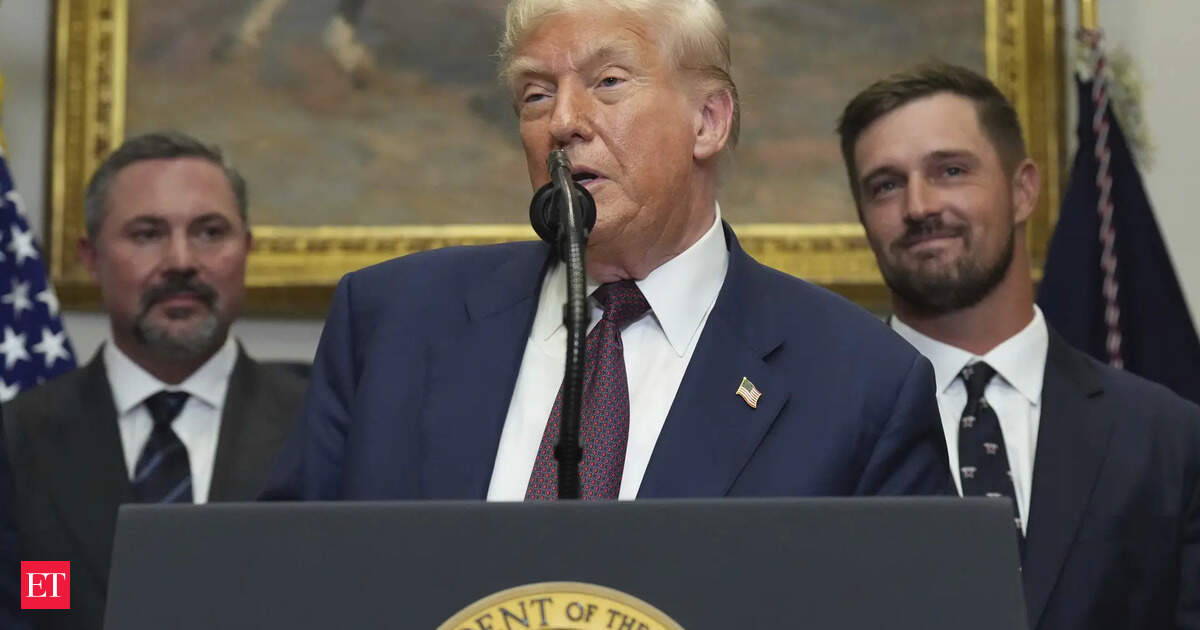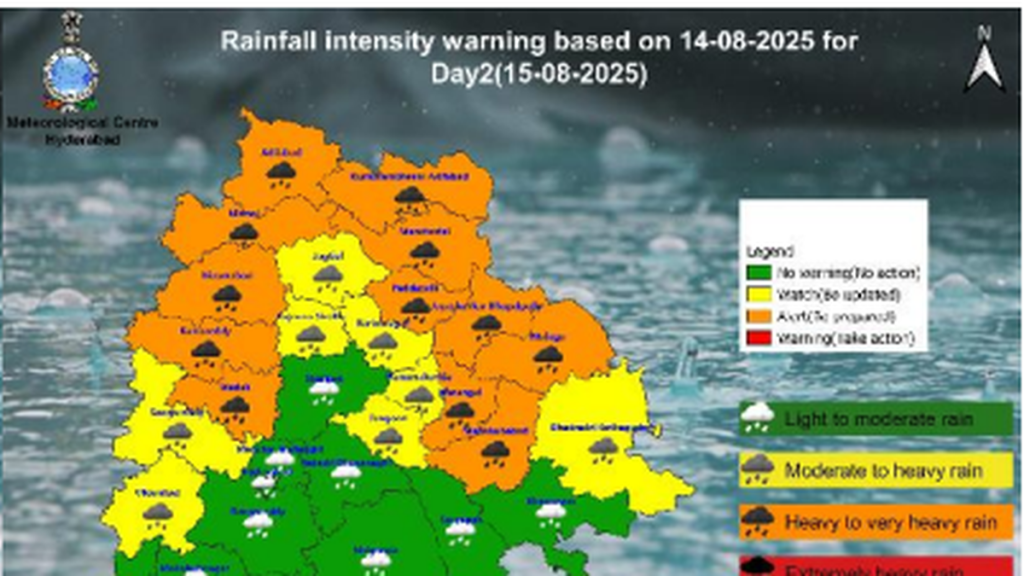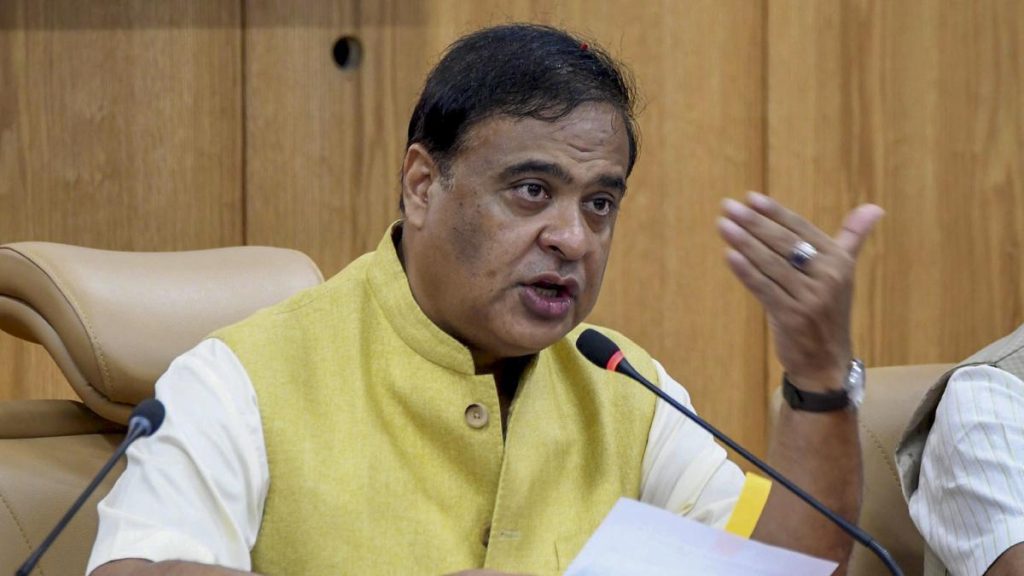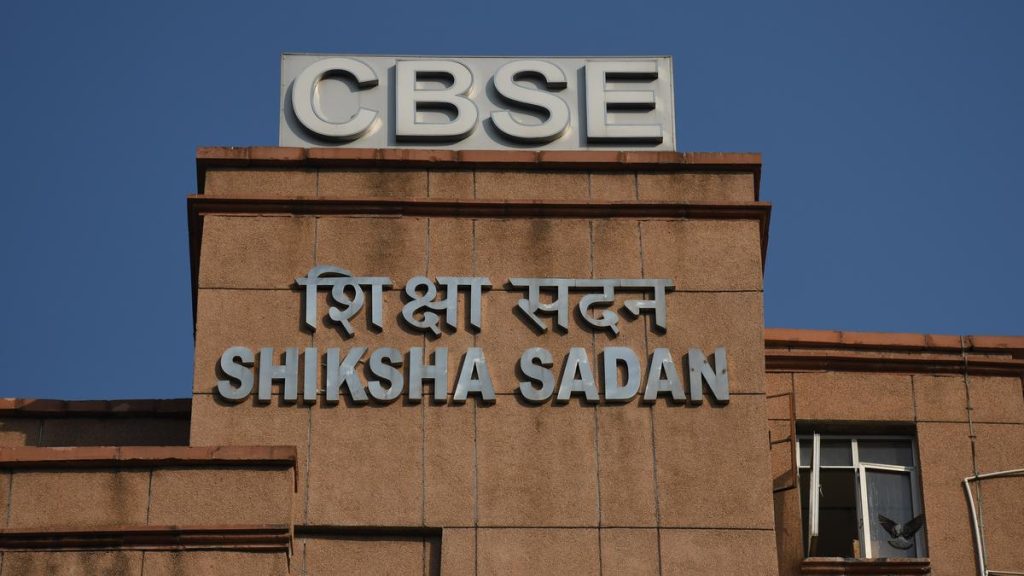Now Reading: Trump Critiques Jobs Data as Fed Weighs Rate Cuts
-
01
Trump Critiques Jobs Data as Fed Weighs Rate Cuts
Trump Critiques Jobs Data as Fed Weighs Rate Cuts

Rapid Summary
- President donald Trump fired the head of the Bureau of Labor Statistics (BLS) over dissatisfaction with the July employment report, which he called “rigged.”
- Fed Governor Michelle Bowman noted weakening job growth in May, June, and July and advocated for immediate interest rate cuts to counter potential economic slowdown risks.
- Investors estimate an 85% probability of a Federal Reserve rate cut during their September meeting.
- Core inflation rose to 3.1% year-over-year in July (excluding volatile food and energy costs), driven by tariffs impacting goods like furniture and vehicles.
- E.J. Antoni from the Heritage foundation was appointed by Trump as the new BLS commissioner; his role is critical due to its influence on key economic indicators.
- Policymakers rely on cross-checks from private data sources and internal surveys alongside BLS data for a complete view of the economy.
Indian Opinion Analysis
The divergence between the White House’s reactions to labor market statistics and the Federal Reserve’s analysis highlights critical implications for India’s economy as well. The Federal Reserve’s potential rate cuts could impact global financial markets, possibly making U.S.-based investments less appealing while encouraging capital inflows into emerging economies like India. On one hand, this may create opportunities for indian businesses looking for investment or overseas acquisitions due to favorable exchange rates or borrowing conditions.
Though, lingering concerns about manipulated data raise larger questions about trust in governance institutions-a point relevant globally when considering policy decisions influenced by such metrics. For India, where meticulous gathering of accurate statistics is already under scrutiny domestically on economic fronts including GDP estimates or employment reports, these developments serve as both cautionary tales and valuable lessons in prioritizing transparency and methodical cross-verification similar to frameworks employed by institutions like America’s Fed policymakers.
India also needs to monitor tariff-related inflation trends carefully as external price pressures within supply chains revealed here might reverberate across interconnected global trade flows challenging domestic industries reliant upon imported inputs long-term strategy sky tighter




























